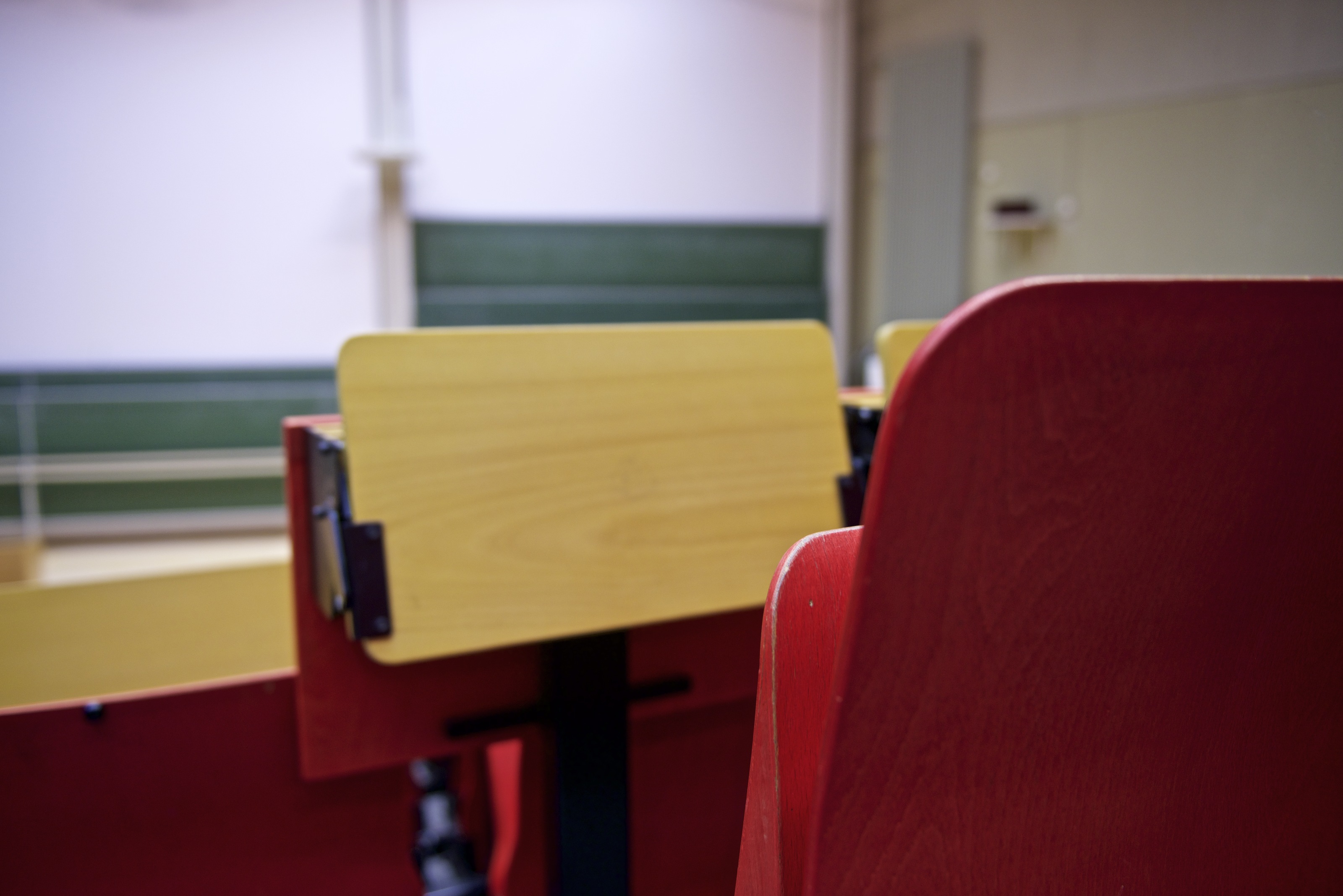
The organisation behind the killing machine
Opening event of the “Konstanzer Kulturwissenschaftliche Kolloquien” (cultural studies lecture series) of the Cluster of Excellence “Cultural Foundations of Integration” at the University of Konstanz.
What made the Holocaust possible? A sociological explanation by Professor Stefan Kühl from the University of Bielefeld. His lecture on “Ordinary Organisations” on Wednesday, 17 June 2015 at 18:00 marks the start of the “Konstanzer Kulturwissenschaftliche Kolloquien” (cultural studies lecture series) in the summer semester. The lecture series promotes exchange and discussion about pressing questions in the field of cultural studies. In June and July, two lectures of the series will be held in room Y 311 at the University of Konstanz. They are open to all.
Why were so many Germans during the Nationalist Socialist era prepared to actively support the extermination of the European Jews? “The extermination directive issued by the NS regime was administered by ordinary organisations”, says Kühl, who specialises in organisational sociology. “Using sociological theory, I tried to find out why membership in organisations induced people to do things that they would probably never have considered on their own”.
According to Kühl, who published his study “Ganz normale Organisationen” (ordinary organisations) in 2014, it was the deliberate integration of individuals into the institutions of the NS-state that lead them to take part in deportations and mass executions: “Individual motives for following orders or giving in to peer pressure may have varied, ranging from hopes of financial gain or complacency to brutality. This, however, was of secondary importance to the organisations of the NS regime”.
The second “Kulturwissenschaftliches Kolloquium” (cultural studies lecture) will focus on the early modern Mediterranean. On 8 July 2015, the Parisian historian Professor Wolfgang Kaiser will speak on “Wenn drei sich streiten. Rechtsvielfalt und Konfliktregelung im frühneuzeitlichen Mittelmeerhandel” (legal plurality and conflict management in early modern Mediterranean trade). Even today, the Mediterranean serves as a wide canvas for the European imagination and is either envisioned as a geopolitical arena for secular conflict between Christianity and Islam, or – more favourably – as a cosmopolitan space for coexistence. Kaiser, who is professor of early modern history at the University of Paris 1 (Panthéon-Sorbonne) in France, wants to challenge these “grand narratives and epistemological imperatives” by highlighting the actual conditions, diverse institutions and legal traditions of early modern trade centres. How were trade disputes between Christian, Jewish and Muslim merchants solved? What legal resources were mobilised by the parties involved? It is the aim of this lecture, which will be held at 18:00 in room Y 311 at the University of Konstanz, to answer these questions.
